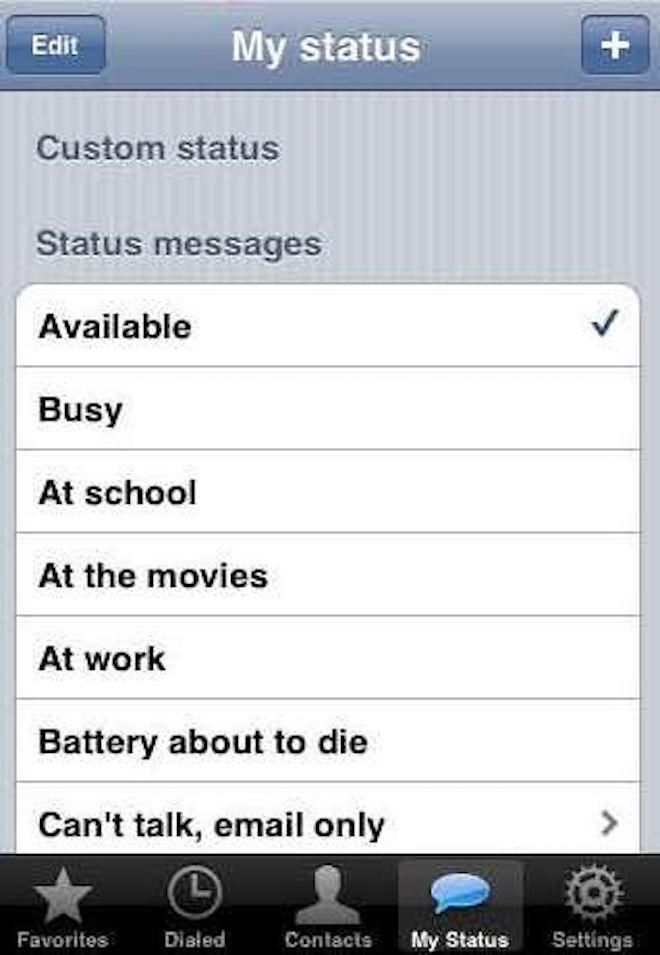So we all know the Bill Gates story.
A brilliant kid who loves computers.
Drops out of Harvard in 1975 to start Microsoft with his childhood friend, Paul Allen.
Gates and Allen originally sell code interpreters to companies like MITS (Micro Instrumentation and Telemetry System).
In 1976, their revenue is $16,000.
By 1978, Microsoft hits $1 million in revenue.
But they were far from taking over the world.
Until...
In 1980, IBM asks Gates to build them an operating system for their new personal computers.
He had never done this.
So Gates directs them to his friend Gary Kildall from Digital Research.
The IBM-Digital Research meeting goes poorly.
The two parties argue over non-disclosure agreements and other legal issues.
Eventually, IBM offers Digital Research $250,000 to build the operating system.
They refuse.
"We will only do royalties."
So IBM returns to Gates to build the operating system.
So he buys the "Quick and Dirty Operating System" (QDOS) from Seattle Computers for $50,000.
And repackages it into the now famous Microsoft DOS.
Gates starts the process of selling IBM the operating system.
But here's the catch:
It would be a non-exclusive royalty deal.
Translation: Microsoft could sell this operating system to any other computer company in the world.
This was incredibly stupid by IBM.
Microsoft had 0 leverage on IBM. They were basically a supplier.
If IBM wanted an exclusive deal, Gates would have signed it.
But instead, IBM lets Microsoft receive unlimited distribution through all their PCs.
If IBM didn't make this mistake, Microsoft would still have been successful.
But not the $2 trillion company it is today.
Ok, so what can we learn?
Every single massive success has luck.
But you can also make your own.
1) Create luck through persistence, hard work and hustle.
"Generate enough force through hustle and energy for luck to find you."
-@naval
2) Build a unique brand or character where luck can find you.
This is how IBM found Gates.
They thought of him as someone who could build their operating system.
And the rest is history.
If you liked this, retweet the 1st tweet to share this epic business story with a friend:
https://t.co/Su72jrS4sz
And follow me
@chrishlad for weekly threads on frameworks, systems, and epic business stories.
You can also join 4,500+ who get threads like this straight to their inbox every week.
Subscribe here for free in 8 seconds:
https://t.co/Zr6gAK3oP0

